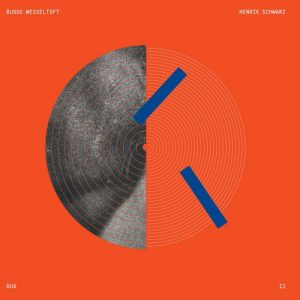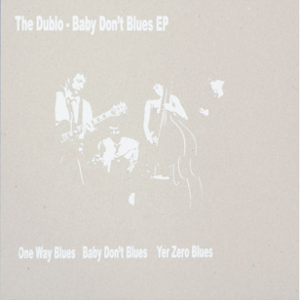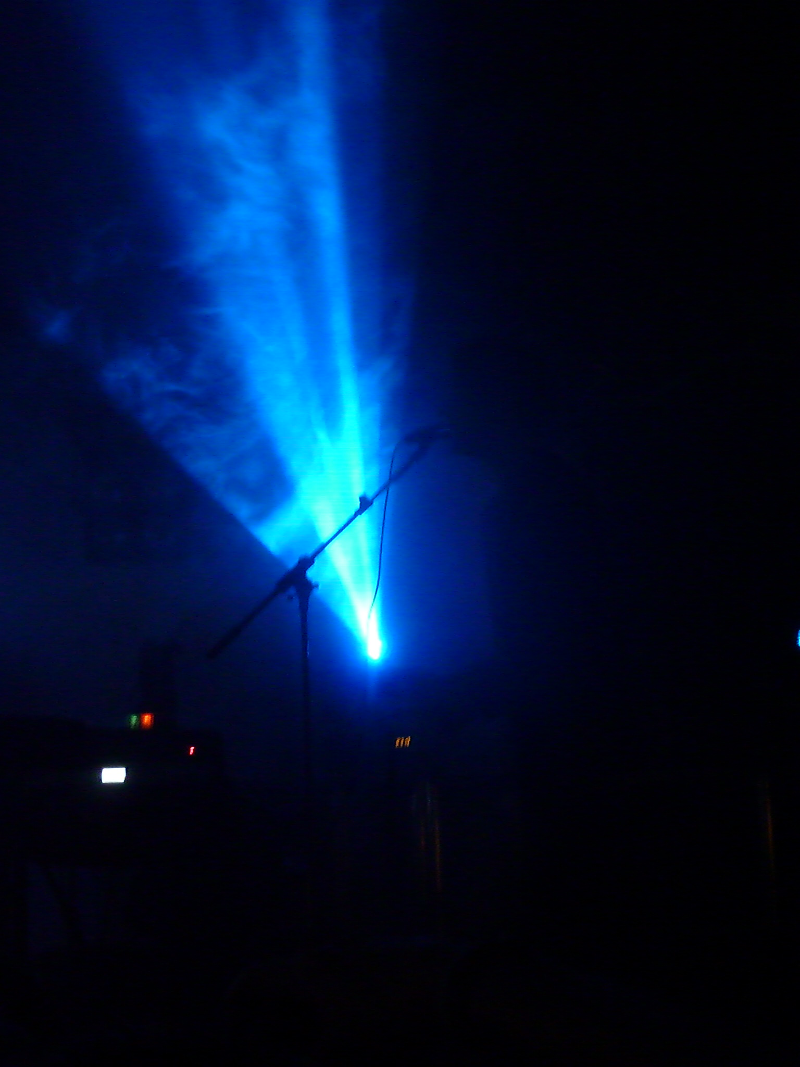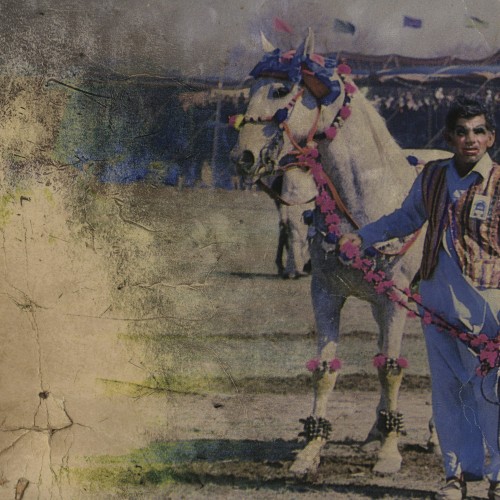 Not content with the numerous collaborative activities which he has undertaken recently, Norwegian pianist Bugge Wesseltoft and German producer Henrik Schwarz have chosen to release a second chapter in their duo format, the initial one having been released back in 2011. Their interaction of post minimal piano and electronic escapism has been given a further boost by the addition of some well-chosen collaborators.
Not content with the numerous collaborative activities which he has undertaken recently, Norwegian pianist Bugge Wesseltoft and German producer Henrik Schwarz have chosen to release a second chapter in their duo format, the initial one having been released back in 2011. Their interaction of post minimal piano and electronic escapism has been given a further boost by the addition of some well-chosen collaborators.
The padded tip-toe rhythm and skein of electronics that opens the album feels like gentle fingers on the back muscles, caressing the skin with its sparse droplets. The movement is measured, unhurried, the natural interaction shying away from jazz, inhabiting its own unruffled realm. More motion is applied next, with a fast ebbing and flowing over which the piano notes tread a slightly more dramatic line.
The scenery is darker and more precipitous here, the piano picking its way through like a mountain goat. They share an aesthetic with Nils Frahm here, but the piano is more enticing, the lovely trills moving against kaleidoscopic patterns, constantly affecting the path of the piano. It is a bit of a surprise when Kid Be Kid‘s voice appears on “My First Life”, the sweet yet soulful tones and their subtle rasp hooking at the listener, using the piano accompaniment and electronic shades as a warm foil. The playing is entirely at the pleasure of the voice, and when meaning drops away and the wordless whorls float on, it seems to contain an even greater emotion.The two parts of “Duolism” that follow introduce the Solistensemble Kaleidoskop, a string quartet that enlivens the pieces with a spectral, wintry feel. The group’s ability to move through the seasons so effortlessly gives these eight pieces an air of being out in nature. The strings sweep and dabble as the piano picks its way carefully through frost, flakes sparkling in every note, the thrill of the chill palpable. The lethargic interplay between the soporific strings and the resonant, percussive piano is something that lulls you into a reverie with the merest hint of discord that never quite appears.
There are some lovely female vocals on “Eye For An Eye”, hinting at the kind of jubilant swing stylings of The Andrews Sisters which, along with the futuristic synth line and the timeless piano, sets the piece in some sort of world where genres and eras collide effortlessly. There is a confounding effervescence here across which the muted trumpet of “Basstorius” tries to draw an autumnal veil. The dappled piano and trumpet are underpinned by the most synthetic of basslines and rhythm tracks. It is almost ’80s europop in its confection, the repetitive trumpet motif skirting around the periphery while the piano yearns.The final piece here pairs piano and vibes, which is always a welcoming union, lulling you in that ringing way; but a synthetic beat muscles in, usurping the vibes and taking the piece in a whole other direction. This strange sense of dichotomy, the rise and fall of moods and feelings is what makes this album work. They manage to couple unexpected elements together, making for a smooth carriage, the modernity infused with reminders of the past.
It threatens to become a banger towards the end, a surging energy that is held in check as if that could be the genesis of a whole other adventure. For this album though, it is just another example of how the duo refuses to be limited by adhering to any rules. It is a welcome addition to their already wealthy catalogue.-Mr Olivetti-



